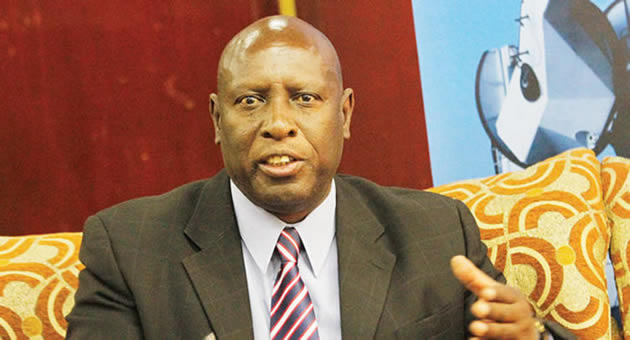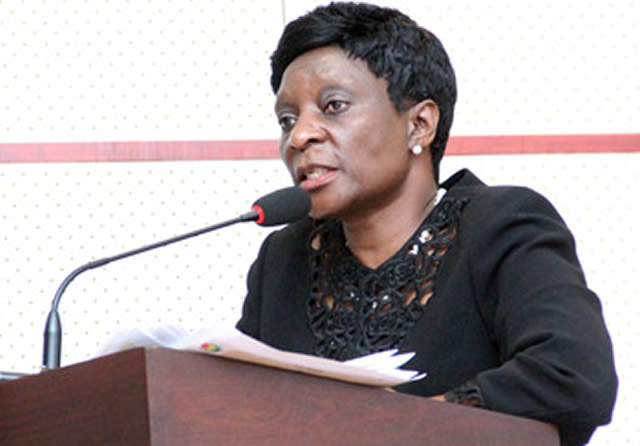REA electrifies over 8k rural institutions

From Dumisani Nsingo in Zvishavane
THE Government has electrified over 8,000 rural institutions countrywide through the National Energy Policy which seeks to ensure that every Zimbabwean has access to adequate, reliable and sustainable energy.
This was said by the Minister of Energy and Power Development, Dr Samuel Undenge, at the commissioning and switching on of electricity at Bere cluster of schools and Marira clinic in Zvishavane on Thursday.
Educational institutions that benefited under the programme are Bera Secondary School, Shiku and Venge Primary schools under Chief Masunda.
In a speech read on his behalf by Mr Keith Dihwa, the deputy principal director in the Ministry, Dr Undenge said since the launch of the NEP in 2012, the Rural Electrification Fund (REF) has made it easy to connect more rural institutions into the national power grid.
“It’s encouraging to note that the Fund has made significant strides in the electrification of rural areas in Zimbabwe. I’m informed that, to date, the Fund has electrified 8,574 rural institutions countrywide, using both grid and off-grid technologies.”
The Deputy Minister said the electrification of Marira clinic and the two schools is testimony that Government has always recognised the importance of energy and electricity as a vehicle for economic and social development.
“In the Midlands province alone, REF has electrified 886 institutions, of which 60 are in Zvishavane district.
“These include 18 primary and eight secondary schools, eight rural health centres, seven business centres and three substantive chiefs’ homes,” he said.Dr Undenge said the electricity commissioning in the area was in line with the Zimbabwe Agenda for Socio Economic Transformation (Zim-Asset) as it will help communities to create employment and end poverty.
“Provision of electricity in the area will no doubt lead to the empowerment of our rural communities, poverty alleviation, capacity building and employment creation.”
He noted that efforts to connect power to rural institutions through the Fund have been hampered by economic challenges in the country.
“The REP has not been spared from the economic and other challenges faced by our country. One major challenge is lack of adequate generation capacity in the region at Kariba Power Station. However, our Government in collaboration with other SADC countries is exploring all avenues to alleviate severe power shortages.
“The other major challenge faced by the Rural Electricity Fund is inadequate funding for the programme. The six percent electrification levy that REF gets through electricity sales and fiscal allocation by Government aren’t adequate to accelerate the programme or to sustain the momentum already gained by the programme,” Dr Undenge said.
He implored teachers and health workers to take advantage of the electrification of rural institutions so that they improve quality of education and healthcare.
Speaking at the same occasion, the Deputy Minister of Mines and Mining Development, who is also the Member of Parliament for Zvishavane-Runde, Cde Fred Moyo, said: “The Government prioritises improving the livelihoods of people living in rural areas as it bids to afford them with equal opportunities to those in urban areas. Today we’re witnessing an electrification programme in this area, which will play a pivotal role in various sectors of the economy.
‘‘The infrastructural development will not only end here, we’re going to ensure that all the roads in the constituency are accessible and improve on water and sanitation.”










Comments